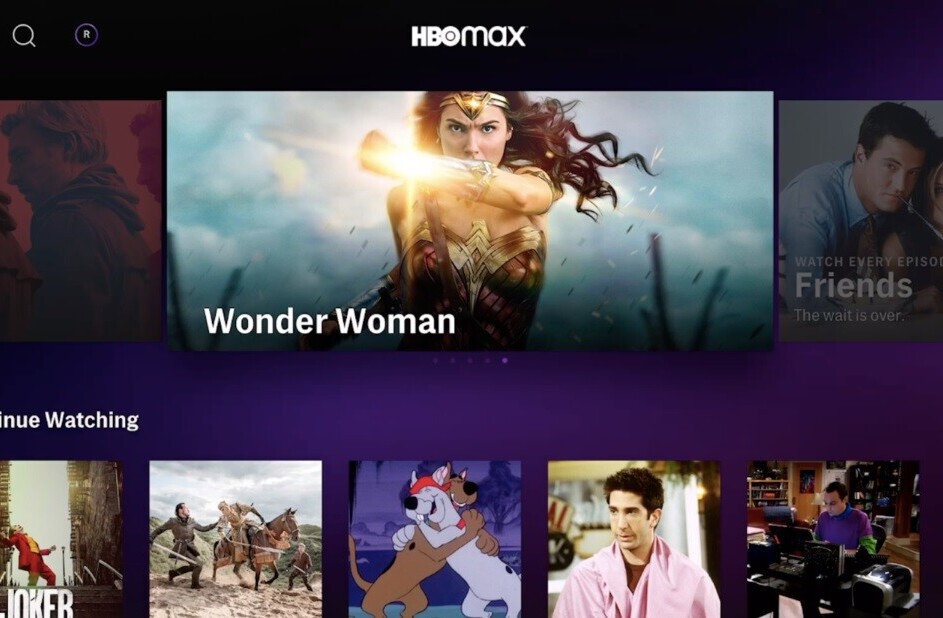
It’s one of the Internet’s biggest killjoys. It stifles innovation, holds back progress and drives normally law-abiding people to crime. What is it? Licensing.
Whenever an innovative new online approach to media comes along, it seems ‘licensing issues’ turn up to trash the party. Just think about how long it took Spotify, a service that has been running in Europe for nearly three years, to launch in America. Consider the retreat of services like Turntable.fm and Pandora to being available in the US only. Think about how Apple can offer TV show rentals on its Apple TV set-top box in the US but not elsewhere. Why can’t people in Sweden or New Zealand (or anywhere outside the US) use Netflix or Amazon Cloud Player if they want? Why can’t Americans watch the latest episode of Doctor Who on the BBC iPlayer?
Technically all these things could be overcome easily, but a licensing system that clings on to an old-fashioned view of the world stops them.
Licensing limbo
“Everyone knows it’s a problem, but no-one has a clue how to solve it,” says Ross Tones, a music consultant and producer at Hear No Evil. “Using music as an example, it’s a throwback to the old way of how things were set up. Music would be licensed to different labels and publishers in different parts of the world because local companies would have the expertise to exploit the songs and recordings in their local territories. These territorial licenses all work in different ways and have different terms.”
And that’s the problem in a nutshell – despite the fact that consumers are happy to buy and consume content online from anywhere in the world, the media industry is still built around an infrastructure designed to distribute physical products to specific geographic areas.
“We’ve been in a state of limbo for a long time now – nearly ten years,” says Francis Rodino of social media agency Softwind Studio. “The market is over-saturated with free content, which will make it really difficult for new licensing models to work. There have been lots of attempts at different ways of monetising free content but nothing has kicked in.”
Indeed, the failure for media licensing arrangements to move with the times has actually encouraged widespread use of barely legal, and just plain illegal, workarounds by users who want music and video content on their terms, not those of an out-of-date media industry.
“People are very innovative at getting around copyright restrictions,” says Andrew Lowenthal of video distribution project Engage Media. “The current licensing regime has encouraged its own violation in many ways by refusing to adapt to the new technologies, refusing to change its business model or just not knowing how. The innovation has come from the outsiders such as the DVD bootleggers and the BitTorrent sites. The new generation finds it difficult to understand why there are such legal restrictions when the technology essentially makes it so easy to share.”
Media in the ‘post-geography world’
 “To quote Clay Shirky, ‘Institutions will seek to preserve the problem for which they are the solution’,” says entrepreneur and computer security expert Rodolfo Rosini. Speaking of traditional big media companies, Rosini says “These agencies were created to supply media in a world that doesn’t exist any more.” Noting that geographic boundaries are no longer an issue for consumers, he continues “We’re in an age of post-national consumption of media but these companies want to force the rest of the world to adapt to them. They’re swimming against the tide though – they’re delaying innovation, not stopping it.”
“To quote Clay Shirky, ‘Institutions will seek to preserve the problem for which they are the solution’,” says entrepreneur and computer security expert Rodolfo Rosini. Speaking of traditional big media companies, Rosini says “These agencies were created to supply media in a world that doesn’t exist any more.” Noting that geographic boundaries are no longer an issue for consumers, he continues “We’re in an age of post-national consumption of media but these companies want to force the rest of the world to adapt to them. They’re swimming against the tide though – they’re delaying innovation, not stopping it.”
Rosini argues that while the existing licensing situation is a pain, it can’t last forever. “The writing’s on the wall for established business models – they can’t survive. These companies haven’t been growing for the best part of a decade. Just look at EMI – it keeps being sold for less and less. These companies’ cost base will get to a point where they’re no longer sustainable. They’ll become smaller and smaller, and less relevant until someone bigger can push them around or acquire them.”
It’s certainly true that technology giants are well positioned to dictate terms to the media industry in the future, especially in the case of the music, where it has been argued that Google could (theoretically, at least) buy the entire, declining industry. But if we do want a truly open future for online media, where, for example, a startup could launch a new movie streaming site globally from day one, how would it work? People still need to get paid for their creative work.
As Ben Cockerham, Chief Strategy Office and CFO at New York-based royalty and licensing service provider RightsFlow says. “To be sure, the existing web of overlapping rights infrastructure and pre-existing vested interests have not made life easy to experiment with new models of music consumption. But it’s important to also remember that there are real legitimate concerns about how the monetization of music will evolve, and the copyright community is constantly balancing the need to get new revenue streams with the risk of massively devaluing their assets.”
So, what’s the way forward?
Getting paid in a brave new media world – how it could work
 “If the world had one giant blanket license, managed by one collection agency or a network of agencies, that could be a way forward,” says Ross Tones. “That would be great for online businesses and for consumers but it’s not as simple as that. In that scenario, control gets taken away from artists. They should have a right to choose how their work is used. If we go down a route of simple, blanket licenses that anyone can buy, artists may see their work used in a way they’re not happy with.”
“If the world had one giant blanket license, managed by one collection agency or a network of agencies, that could be a way forward,” says Ross Tones. “That would be great for online businesses and for consumers but it’s not as simple as that. In that scenario, control gets taken away from artists. They should have a right to choose how their work is used. If we go down a route of simple, blanket licenses that anyone can buy, artists may see their work used in a way they’re not happy with.”
Another option, Tones suggests, would be some kind of digital media tracking system. “If everyone gets behind some kind of audio tracking as digital distribution becomes norm, digital audio fingerprints could be sent to a central database for automatic validation. But then you have the problem of ‘Who pays the royalties?’ Imagine a KFC ad on YouTube that uses a copyright controlled piece of music. Would KFC pay? Would the production company who made the ad pay? Or would YouTube, as the distributor, pay? And how would the tracking system know who to charge? It could be a nightmare.”
A third option, Tones suggests, could be direct taxation of consumers. In Canada, for example, a debate has raged in recent years over taxing consumers in return for legalisation of music sharing via methods such as BitTorrent. The question then, though, is how are royalties distributed? Tones gives the example of PRS surveys in the UK which take a data sample of the music played in, say, a shop for one day of the year as a representation of its whole year’s worth of music played. The shop may play independent artists all year round, but if it just plays Lady Gaga and Robbie Williams on the day of the survey, the money goes to them. As such, any taxation system could see less well-known artists losing out as their music would be less likely to show up in surveys.
Is the future bright?
 So, there are a number of options, but can the significant hurdles around them be overcome? Ross Tones sees the current situation as echoing earlier challenges to the media status quo that were overcome. “It’s like when radio came along in the 1920s. People complained that it would mean the end of sheet music sales, but the industry got through it.”
So, there are a number of options, but can the significant hurdles around them be overcome? Ross Tones sees the current situation as echoing earlier challenges to the media status quo that were overcome. “It’s like when radio came along in the 1920s. People complained that it would mean the end of sheet music sales, but the industry got through it.”
Ben Cockerham is upbeat about the future. “The world is getting smaller every day. It might not look like it from an outsider’s perspective, but both the copyright community and those developing businesses around music monetization are actively working towards the same goal of integrated, seamless licensing. ”
“What’s missing in the current landscape is a centralized infrastructure – a licensing backbone – that both copyright owners and copyright users can lean on to make the flow of rights and royalties more efficient. The result of such a backbone and the resulting economies of scale would make save costs across the board for both sides of the table, and will be absolutely necessary to achieve truly global results.”
So, it looks like media licensing will one day catch up with the pace of online innovation, but there’s a long road ahead as media companies restructure and work out the finer points of how that future might work. In the meantime, expect the frustration of that ‘hot new way to watch videos’ or ‘share music’ being impeded by false geographic restrictions to continue for a good long while yet.
Get the TNW newsletter
Get the most important tech news in your inbox each week.




